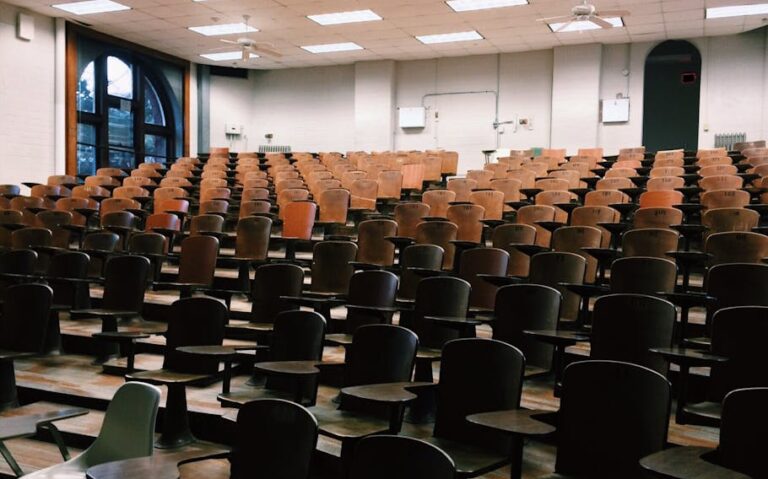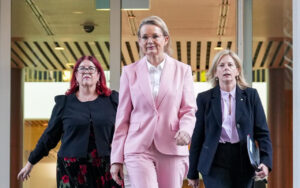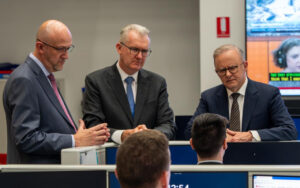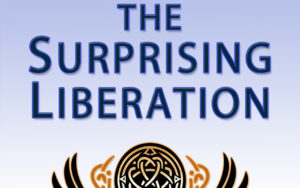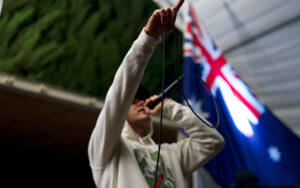Domestic dropout rates at Australian universities have reached record highs as tertiary institutions cause standards to decline by prioritising the lucrative international student market, according to a new report.
An analysis by the Institute of Public Affairs based on the most recent data from the Department of Education found that among local students who started their bachelor’s degree in 2017, “24% had dropped out by 2022, 66% had completed their degrees, and the remaining 10% were still studying”.
The IPA’s Fees for No Degrees report found that the dropout rate for this cohort was the the second highest on record, with only students who started in 2014 quitting at a higher rate, although the completion rate that year was 0.7% higher.
The report also found that domestic students were dropping out a a higher rate than international ones, stating that “19% of overseas students dropped out of their studies and 79% completed their degree”.
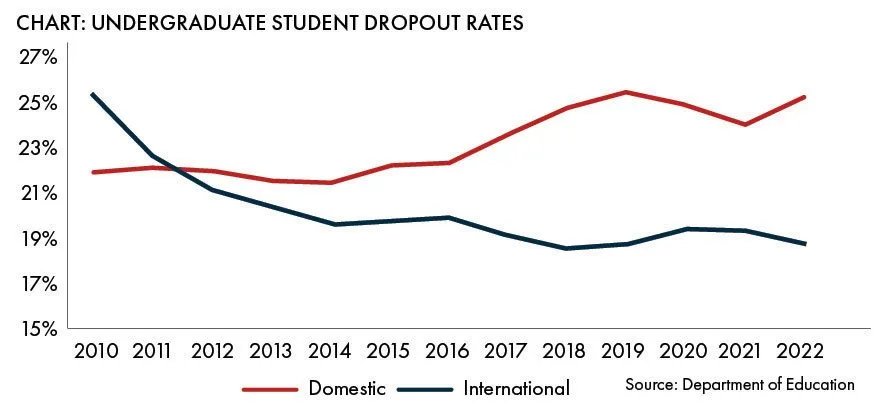
Report author and IPA research fellow Brianna McKee told Perth Live 6PR radio it was clear that universities were prioritising international students.
“Since the year 2000, the number of enrolments of international students has increased by 370%. And that’s compared to an 84% increase in domestic students. So Australian universities are clearly shifting their focus to attracting international students and it’s occurring at the expense of domestic Australian students,” she said.
“International students increased from 14% of all university students in 2000 to 29% in 2022. So they make up about a third of the student body. And what our research also establishes is that six of the group of eight universities have proportions of international students higher than the overall average.
“There’s a clear revenue incentive for them to continue to increase the numbers of international students. And Australians should be asking our vice chancellors who have these exorbitant salaries, which are propped up by international student fees, as to whether or not the university model is actually delivering for Australian students and obviously these Australian students to be the priority of the sector.”
The IPA report shows that the proportion of foreign students is much higher than the 29% average – the proportions at Monash and RMIT are 43 and 45% respectively, while almost half the students at The University of Sydney are now international.
According to research from North America cited in the report, domestic and international students “often live in ‘separate but equal’ worlds, cut off from meaningful interaction with each other” – the greater the number of foreign students, the more likely the result is of a “divided campus”.
Another factor in the deterioration of the university experience cited in the report is remote learning. According to a study by Forbes, there has been a marked increase in the amount of online learning contained within degrees.
In 2012, three quarters of American students studied in-person and only around 13% studied partly or fully online. After the pandemic, however, these proportions switched: over half of all American university students are enrolled in online classes, with this phenomenon “reflected across the Western world”.
The report notes that these factors combined to have a negative effect on universities.
“It is likely that the rising number of overseas students at Australian institutions is affecting academic standards,” the report stated.
The IPA analysis further referenced a 2019 paper among Australian academics which showed “record numbers of academic misconduct cases and students using apps to translate university lectures”.
The report comes after a student at Melbourne University revealed that he was the only White student in his classes, which were taught almost entirely in Chinese.
In September Sydney University revealed its exam misconduct referrals last year almost entirely involved international students, who also made up about 80% of all cases of student misconduct.
And in July academics complained that foreign students are being allowed to graduate despite blatantly cheating and/or being unable to speak basic English.
